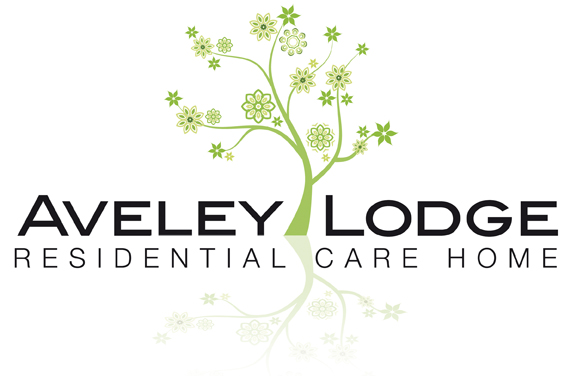The benefits of having a hobby
Loneliness can be harmful for our health and it is a key problem for older people in the UK so having an interest, activity or hobby to pursue can be important for both mental stimulation and physical health.
Hobbies can help people to expand their social circle, whether it is by joining an art, photography or yoga class, a ramblers’ association or a choir. They can help people stay fit and active, stimulate the brain and help to ward off neurodegenerative diseases and remain mentally alert.
The benefits apply whether the person is living independently, often alone, or when they are living in residential care.
Hobbies are particularly helpful for people with Alzheimer’s because they can encourage self-expression, foster emotional connections with others, reduce any anxiety and irritability, make people feel more engaged and help to stir memories.
While it may not always be possible for some of our residents to get out and join local groups, either because of mobility problems or because they have dementia, wherever possible we do try to help them to get out to participate in activities they as an individual might enjoy.
Equally, there are plenty of hobbies our residents can take part in even with limited mobility or early stages of dementia.
For the less mobile they include activities like solving puzzles, playing card games, sewing or knitting, making art and crafts, or creative writing. These days, writing could involve everything from corresponding with pen friends to creating an online blog or penning a novel. Perhaps amateur genealogy or learning a new language will appeal to some. These are all activities that can help to keep the mind sharp.
Singing is also a good activity for the music lovers because it not only stimulates the lungs but also encourages participation in a group, quite apart from the pleasure of the music itself.
There are plenty of yoga teachers who can adapt their classes to allow for the physical limitations that can come with being elderly. Yoga is in any case a gentle form of exercise that is about remaining supple and maintaining muscle tone.
Other hobbies that could be adapted for residential care include gardening, perhaps tending a planter or pots, and looking after any pets in the residence.
We at Aveley Lodge recognise that our residents are individuals with a wide variety of interests and are always on the look-out for ideas and people to come in to help people with activities that will keep them engaged, stimulated and happy.



